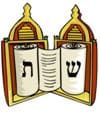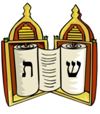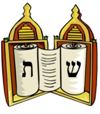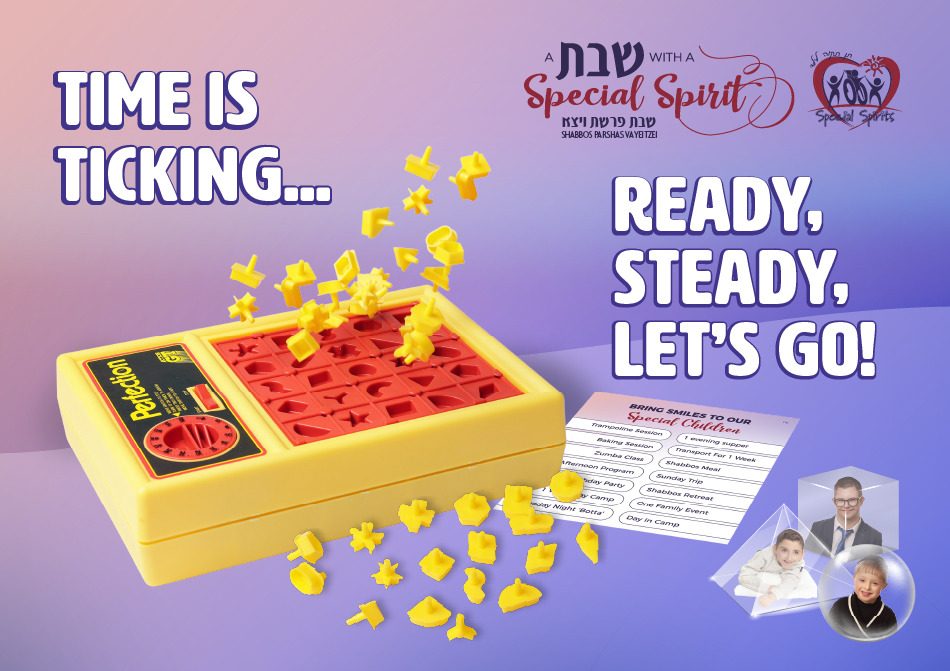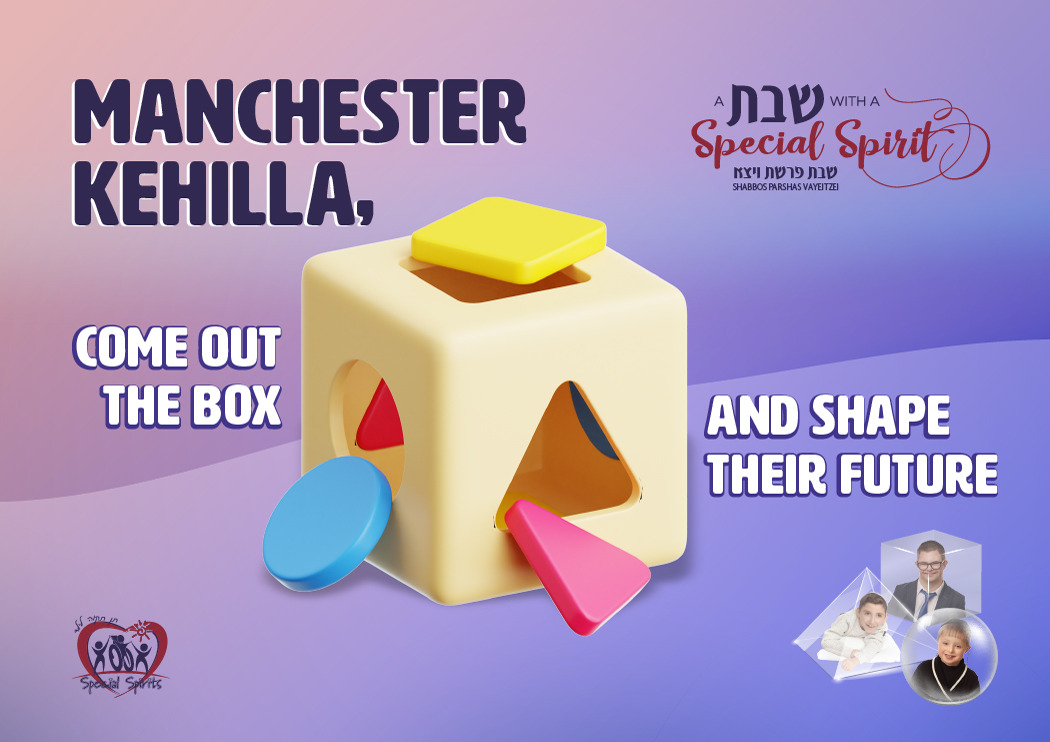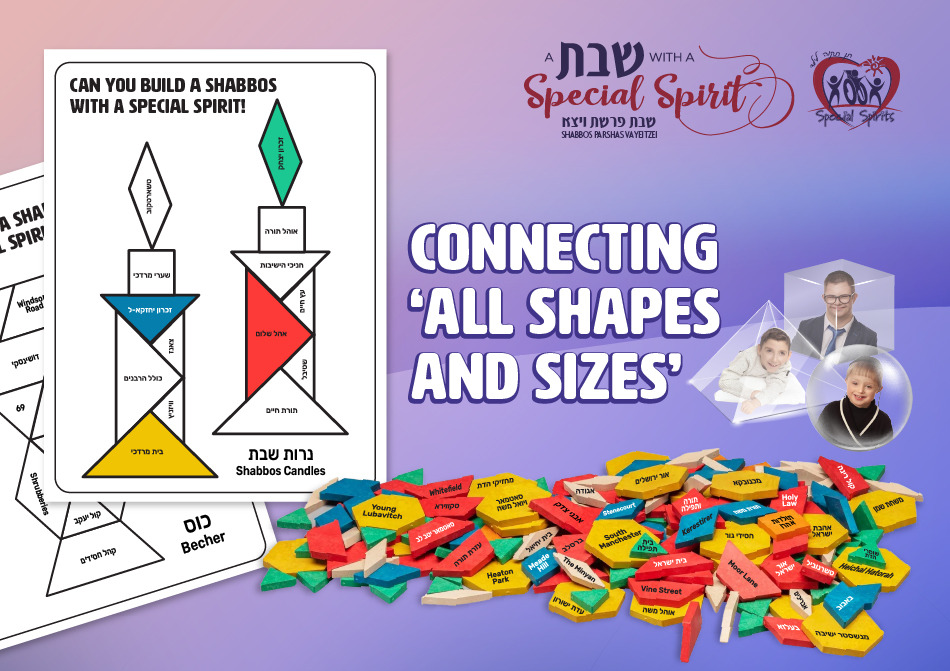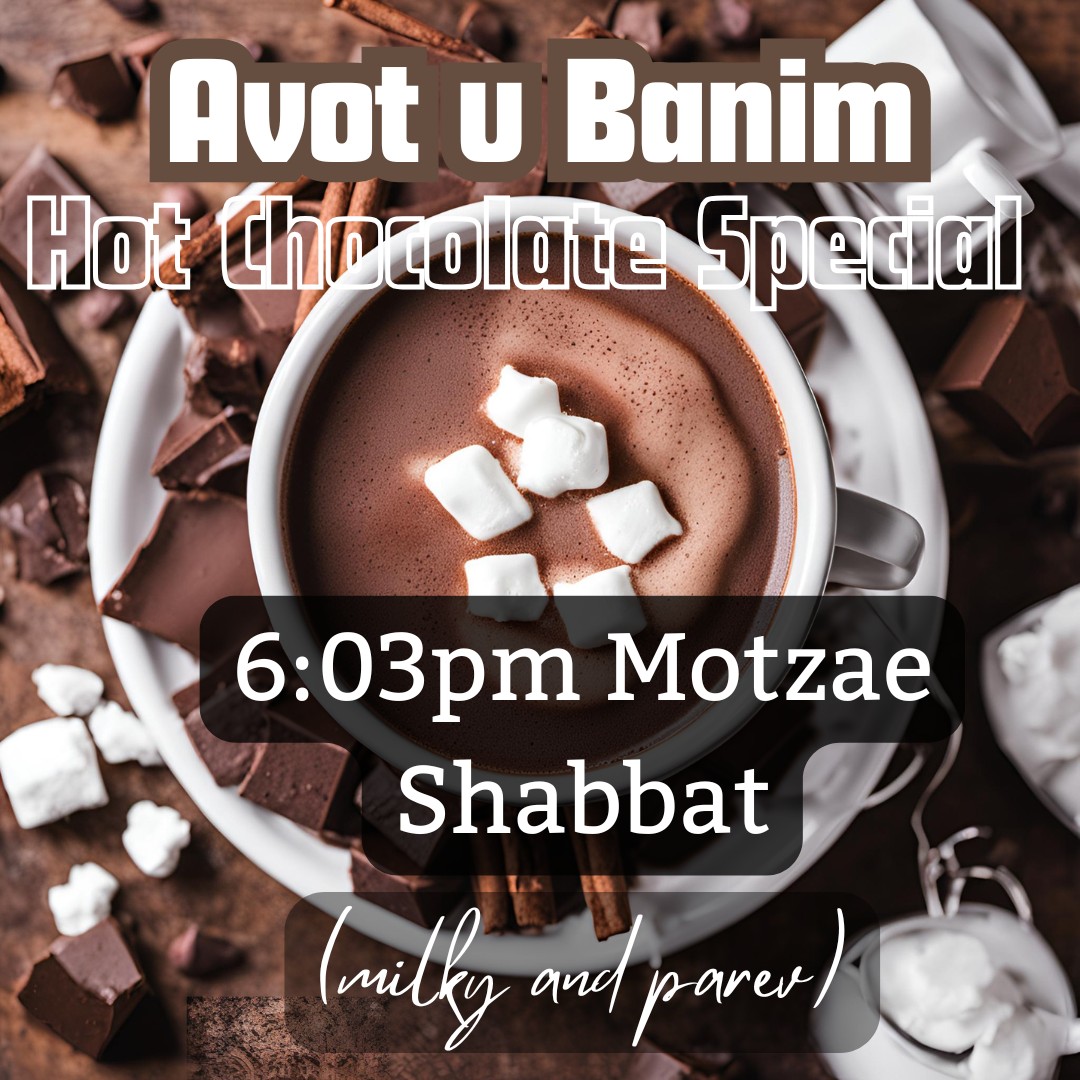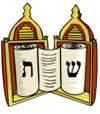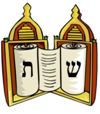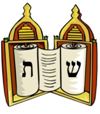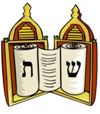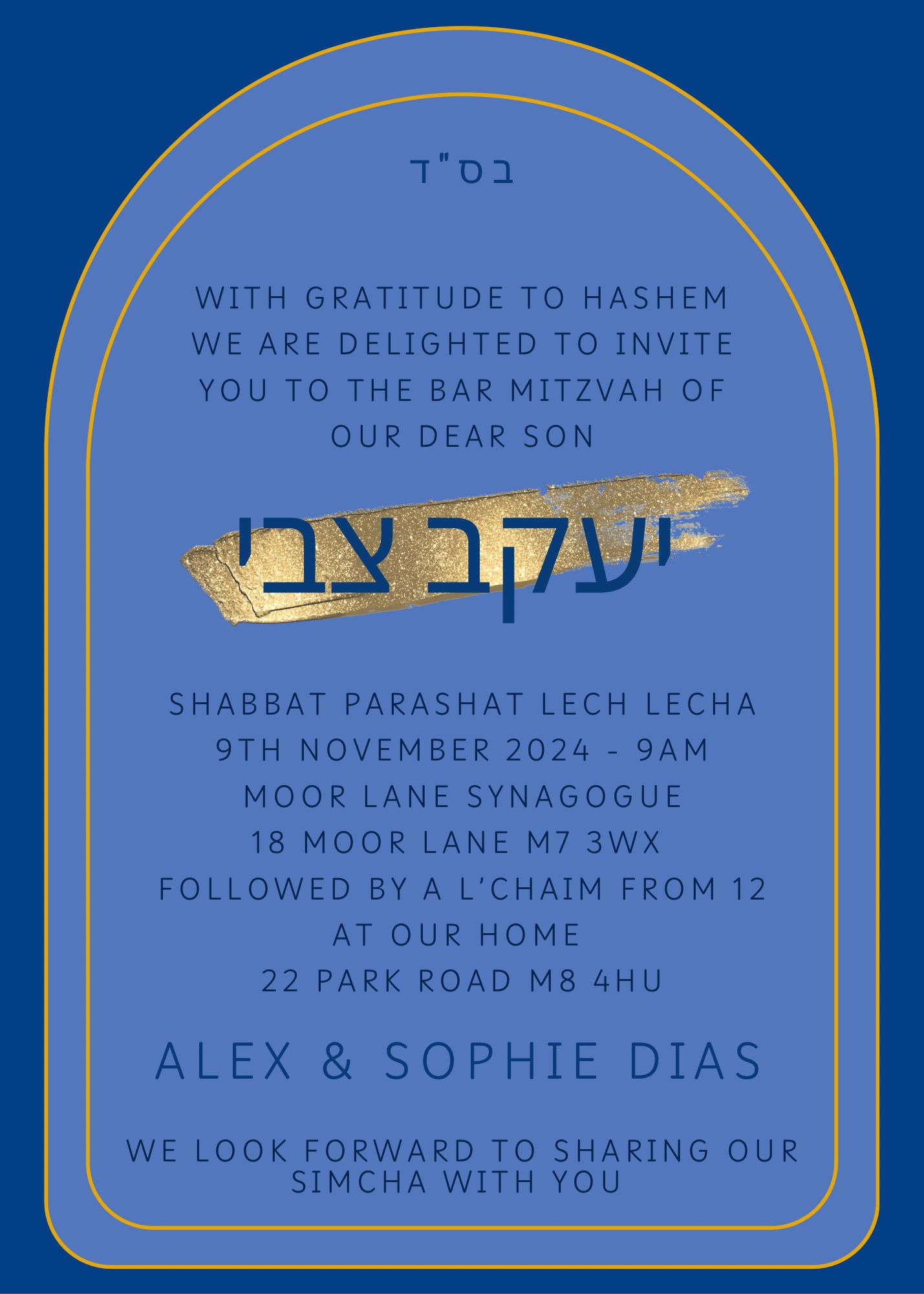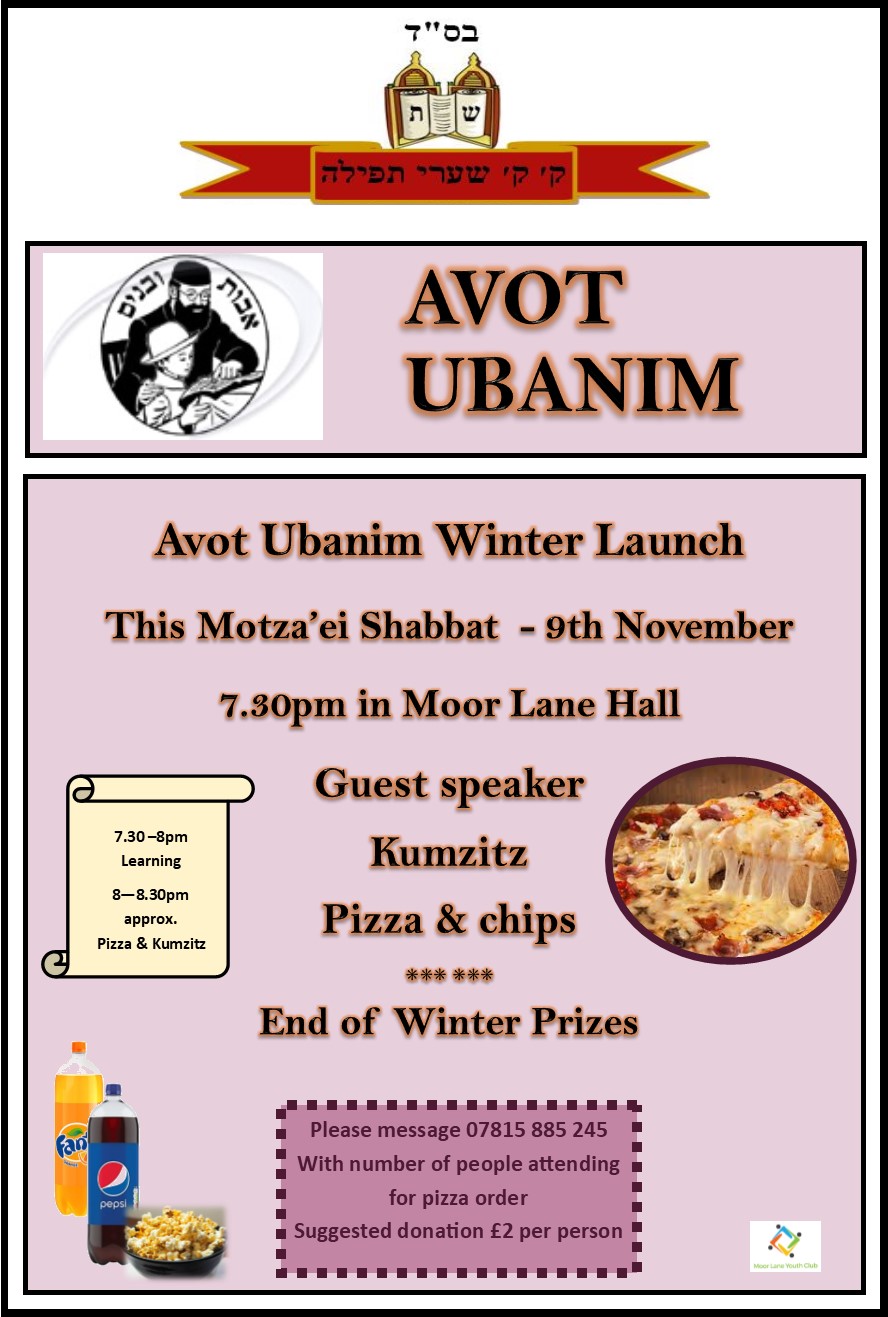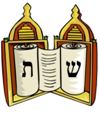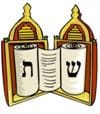
ק׳ ק׳ שׁערי תפילה

**********

is
(1)
שבת מברכים
(2)
Shabbat Chanuka
Remember
(a)
על הניסים
(b)
FULL הלל
**********
💸💵💶💳💰💸

We are happy to inform you that we have successfully set up a permanent page on Charity Extra.
This facilitates donations, but most importantly does so in conjunction with the various Charity Accounts.
It is beneficial for those occasional donations, e.g. for Aliyot.
The link is: charityextra.com/charity/moorlane
******

🗓️
לוח זמני תפילה לחורף תשפ״ה
Winter Timetable 5785 – 2024/25
מוצאי שבת | ערבית | שקיעה | מנחה שבת | סוף זמן קריאת שמע | הדלקת נרות | מנחה וקבלת שבת | תאריך | שבת פרשת |
Shabbat Ends | Arbit | Sunset | Minha | Shema before | Candle Lighting | Minha & Kabbalat Shabbat | Date | Parasha |
PM | PM | PM | PM | AM | PM | PM |
|
|
4:55 | 4:51 | 3:55 | 3:20 | 10:18 | 3:40 | 3:40 | 27/28 Dec | מקץ (ש''מ) (חנוכה) |
🕯️WINTER TIMES FOR SHABBAT MORNING🕯️
שבת
קרבנות
8:45 am
הודו
9:00 am
****

🌃
Winter Season
1hr 15 mins after Motzae Shabbat
📚 THIS WEEK 6:10 pm 📚
**********
It is two years later. Pharaoh has a dream. He is unsatisfied with all attempts to interpret it. Pharaoh's wine chamberlain remembers that Yosef accurately interpreted his dream while in prison. Yosef is released from prison and brought before Pharaoh. He interprets that soon will begin seven years of abundance, followed by seven years of severe famine. He tells Pharaoh to appoint a wise person to store grain in preparation for the famine. Pharaoh appoints him as viceroy to oversee the project. Pharaoh gives Yosef an Egyptian name, Tsafnat Panayach, and selects Osnat, Yosef's ex-master's daughter, as Yosef's wife. Egypt becomes the granary of the world. Yosef has two sons, Menashe and Ephraim.
Yaakov sends his sons to Egypt to buy food. The brothers come before Yosef and bow to him. Yosef recognizes them but they do not recognize him. Mindful of his dreams, Yosef plays the part of an Egyptian overlord and acts harshly, accusing them of being spies. Yosef sells them food, but keeps Shimon hostage until they bring their brother Binyamin to him as proof of their honesty. Yosef commands his servants to replace the purchase-money in their sacks. On the return journey they discover the money, and their hearts sink. They return to Yaakov and retell everything. Yaakov refuses to let Binyamin go to Egypt, but when the famine grows unbearable he accedes. Yehuda guarantees Binyamin's safety and the brothers go to Egypt. Yosef welcomes the brothers lavishly as honored guests. When he sees Binyamin, he rushes from the room and weeps. Yosef instructs his servants to replace the money in the sacks and to put his goblet inside Binyamin's sack. When the goblet is discovered, Yosef demands Binyamin to be his slave as punishment. Yehuda interposes and offers himself instead, but Yosef refuses.
Ohr Somayach Institutions www.ohr.edu
- Which miracle do we celebrate with the lighting of candles?
The oil for lighting the menorah in the Beit Hamikdash after the victory over the Hellenites was only enough for one day and it miraculously lasted for eight days until a new supply of pure oil was available. (Rambam, Laws of Chanukah 1:1) - How did they know that the oil found was uncontaminated?
Its container had the seal of the kohen gadol. (Mesechta Shabbat 21b) - Who led the battle against the Hellenites?
Matityahu, the kohen gadol and his sons. (Rambam, Laws of Chanukah 1:1, and the “Al Hanissim” prayer in the Siddur) - During which of the “four exiles” did the miracle of Chanukah take place?
The third exile under Hellenite oppression during the era of the second Beit Hamikdash. (Rambam, Laws of Chanukah 1:1) - Name two non-halachic customs connected with Chanukah.
Eating either donuts or potato pancakes made with oil and playing with the sivivon (dreidel). - How many blessings are made before lighting candles?
Three blessings the first night and two the other nights. (Rambam, Laws of Chanukah 1:4) - Why do we light the extra candle known as the “shamash”?
Since it is forbidden to benefit from the light of the candles we light an extra one so that if we do benefit it will be from that one called the shamash because it is sometimes used to serve as the lighting agent. (Shulchan Aruch Orach Chaim 673:1) - What is added to our regular prayers at least three times a day?
The prayer “Al Hanissim” (Ibid. 682:1) - What is the special reading of the Torah each day?
The gifts of the nesi’im (heads of the twelve tribes at the inauguration of the Sanctuary as recorded in Bamidbar 7:1-8). (Ibid. 684:1) - Is it obligatory to eat a meal like on Purim?
No. But if the meal is accompanied by songs of praise to Heaven it is considered a seudat mitzvah. (Ibid. 670:2) - When do we have occasion to use three Sifrei Torah on Chanukah?
When Rosh Chodesh Tevet is on Shabbat and we read selections for Shabbat, Rosh Chodesh and Chanukah. (Ibid. 684:3) - What three mitzvot did the Hellenites decree against?
Shabbat, circumcision and Rosh Chodesh. (Midrash) - What damage did the Hellenites do to the Beit Hamikdash?
They made breaks in the walls and contaminated the sacred items. (Rambam, Laws of Chanukah 1:1) - What two military advantages did the Hellenite army have over the Jews?
They were stronger and more numerous. (“Al Hanissim” Prayer) - Is it permissible to do work on Chanukah?
It is permissible to work but women have a custom of refraining from work for the first half hour that the candles are burning. (Mishna Berurah 670:1) - Why is there no Mussaf prayer on Chanukah except for Shabbat and Rosh Chodesh?
Because there were no additional sacrifices in the Beit Hamikdash during Chanukah. (Shulchan Aruch Orach Chaim 682:2) - How does the name Chanukah indicate the date when this holiday begins?
If we break up the word into two parts — Chanu, and the letters chaf and hei, we read that they rested from the war on the 25th day of the month. - What special prayer do we add to the morning services?
Hallel (Shulchan Aruch Orach Chaim 683:1) - What did the Jews do after victory that explains the name Chanukah?
They rededicated the altar in the Beit Hamikdash, which the Hellenites had defiled. (“Chanukah”means inauguration.) - Which regular prayers in the morning service do we omit on Chanukah?
Tachanun and Psalm 20 before Uva Letzion. (Shulchan Aruch Orach Chaim 683:1)


הדלקת נרות חנוכה בערב שבת
הקדמת תפלת המנחה להדלקת הנרות
טוב להחמיר להתפלל תפלת מנחה בערב שבת חנוכה, קודם הדלקת הנרות, מפני שתפילת מנחה נתקנה כנגד קרבן התמיד של בין הערביים, שהיו מקריבים בבית המקדש, והדלקת הנרות היא זכר לנס שנעשה במנורת בית המקדש. וסדר העבודה בבית המקדש היה, שהקדימו את הקרבת קרבן התמיד להדלקת הנרות. לפיכך נכון להקדים את תפלת המנחה להדלקת נרות החנוכה.
ולכן נהגו רבים להתפלל תפלת מנחה בשעה מוקדמת ביום ששי, ואחר כך חוזרים לבתיהם, ומתארגנים לכבוד שבת, ומדליקין נרות חנוכה, ושוב חוזרים לבית הכנסת לתפלת ערבית.
אם אינו מוצא בנקל מנין שמתפללים מנחה מוקדמת, כתב מרן רבינו עובדיה יוסף זצ“ל, שיקדים להדליק נרות חנוכה לפני תפילת מנחה, ואחר כך ילך להתפלל עם הציבור. (ולא יתפלל מנחה ביחידות לפני הדלקת הנרות, כי מעלת תפלה בציבור גדולה יותר מענין הקדמת תפלת מנחה להדלקת הנרות.( (חזון עובדיה, חנוכה, עמוד קעט).
זמן הדלקת נרות חנוכה בערב שבת
בערב שבת של חנוכה, אי אפשר להדליק נרות כמנהגינו בימות החול, שהרי כבר נכנסה השבת וקדש היום. לכן יש להקדים את הדלקת נרות החנוכה לפני זמן כניסת השבת. ואין להקדים את הדלקת נרות חנוכה יותר מדאי, אלא ידליק כעשרים דקות לפני השקיעה. ואם רצה להקדים יותר, רשאי, ובתנאי שלא ידליק מוקדם יותר מזמן פלג המנחה, שהוא שיעור שעה ורבע בשעות זמניות קודם שקיעת החמה. (וכבר ביארנו לפני כמה ימים כיצד יש לחשב שעה זמנית).
שיעור השמן שצריך לשים בנר
אף על פי שאנו מקדימים את הדלקת נרות החנוכה לפני כניסת השבת, ולא בזמן צאת הכוכבים כבכל יום, מכל מקום צריך שהנרות ידלקו כשיעור שהן דולקות בכל יום. כלומר, עד כחצי שעה אחר זמן צאת הכוכבים. (דהיינו שהנרות ידלקו במשך עשרים דקות עד שעת השקיעה, ואחר כך עוד רבע שעה עד זמן צאת הכוכבים, ועוד חצי שעה כשיעורן בכל יום). ולכן צריך לתת שמן או להניח נרות שיהיו ארוכים דיים בערב שבת, בכדי שידלקו לפחות עד חצי שעה אחרי זמן צאת הכוכבים.
ישנם רבים שמחוסר ידיעה קונים נרות חנוכה, שאינם דולקים למשך זמן מספיק (שעה וחמש דקות). ויש להעיר את תשובת לבם לכך. ומי שאין לו נרות שיכולים לדלוק שיעור זמן די ארוך כדת וכהלכה, ידליק לכל הפחות נר אחד כזה לצאת בו ידי חובת עיקר התקנה.
נר שבת ונר חנוכה, מי קודם?
יש להקדים הדלקת נרות חנוכה לפני הדלקת נרות שבת, מפני שמצות הדלקת נר חנוכה היא חביבה מאד. ומטעמים נוספים. (כמו שהסברנו בעבר, לפי מה שנתבאר בספר חזון עובדיה, חנוכה, עמ' קעד).
לסיכום: יש להשתדל להתפלל מנחה לפני הדלקת הנרות של ערב שבת. יש להדליק נרות חנוכה כעשרים דקות לפני שקיעת החמה. יש להקפיד שהנרות יוכלו לדלוק עד כחצי שעה לאחר צאת הכוכבים, כלומר, למשך לפחות שעה וחמש דקות. ויש להקדים הדלקת נרות חנוכה להדלקת נרות שבת.
The Proper Time for Lighting Chanukah Candles On Erev Shabbat
Therefore, many have the custom to pray Mincha earlier on Friday after which they go home to prepare for Shabbat, light the Chanukah candles, and finally return to synagogue to pray Kabbalat Shabbat and Arvit.
However, if a Minyan that prays Mincha early on Friday afternoon is not easily accessible, Maran Rabbeinu Ovadia Yosef zt”l writes that if one will be able to find a later Minyan for Mincha, it is preferable to first light Chanukah candles and then pray with a Minyan rather than pray Mincha alone before lighting, for the significance of praying with Minyan is greater than praying before lighting (see Chazon Ovadia-Chanukah, page 179).
Many people unknowingly buy ready-to-light oil glasses for Chanukah that do not have the proper amount of oil to burn for this prolonged time of over an hour. If one does not have all the candles with the required amount of oil, one should make sure that at least one candle has the prescribed amount of oil to last until the allotted time in order to fulfill at least the minimal obligation of lighting the Chanukah candles.
Summary: One should preferably try to pray Mincha before lighting Chanukah candles on Erev Shabbat. Chanukah candles should be lit on Friday afternoon approximately twenty minutes before sunset. One should take care to fill the glasses with enough oil for the candles to remain lit until a half-hour after nightfall, i.e. approximately one hour and five minutes after having been lit. Chanukah candles should be lit before Shabbat candles.
נר חנוכה במוצאי שבת – נר חנוכה מנר חשמל
מנויים יקרים, לרגל ימי החנוכה, אנו שמחים להגיש את ההלכה יומית במסגרת האתר החדש שעלה אתמול, מלבד השינויים החזותיים במראה האתר, הוספנו שיפורים נוספים כפי שניתן לראות, באופן ההגשה של ההלכה יומית בארבע שפות בצורה מותאמת, בהתאמה למסכים קטנים ולמסכי טלפון, וכן בהוספת תמונות השייכות להלכות שישלחו, ועוד הוספות אחרות שיתווספו בעזרת ה' בהמשך.
אנו תקוה שחפץ ה' בידינו יצלח, ונזכה להגדיל תורה ולהאדירה, ושוב אנו פונים לקהל הלומדים היקר, להמליץ בפני קרובים וידידים להרשם אף הם ולהצטרף לקהל הרבבות הלומדים את ההלכה היומית מידי יום, וזכות התורה וזכות מרן רבינו עובדיה יוסף זצוק”ל תגן בעדכם, תזכו לשנים רבות נעימות וטובות!——————————————
במוצאי שבת של חנוכה, מדליקים בבית הכנסת נרות חנוכה, ואחר כך מבדילים על הכוס, כדי לאחר את יציאת השבת כמה שאפשר. ואף על פי שהמדליק נרות חנוכה, פורק מעליו את קדושת השבת, מכל מקום טוב להדליק נרות חנוכה בבית הכנסת אחר תפלת ערבית, שהרי כל הציבור שאינם מדליקים נרות, נשארים בקדושת השבת עד שיבדילו. וגם כדי שיהיה פרסומי ניסא בהדלקת הנרות בבית הכנסת, שהרי אם יבדילו קודם ההדלקה, רוב הציבור ילכו לבתיהם קודם ההדלקה, ולא יראו את ההדלקה בבית הכנסת.
כשמגיע אדם לביתו, יקדים להבדיל על הכוס תחילה, ואחר כך ידליק נרות, שתדיר ושאינו תדיר, תדיר קודם. (ומצות הבדלה היא תדירה, שעושים אותה בכל שבוע).
זמן רבינו תם
למנהג רבים ושלמים הנוהגים להחמיר שלא לעשות מלאכה במוצאי שבת, עד שיבוא זמן רבינו תם, הוא הדין שאף במוצאי שבת חנוכה צריכים להמתין שלא להדליק נרות עד זמן רבינו תם, מפני שאין זה מנהג טוב ותו לא, אלא ראוי ונכון לכל אחד ואחת לנהוג כשיטת רבינו תם, ובפרט שכן דעת מרן השולחן ערוך. וכפי מנהגו הטוב של מרן רבינו עובדיה יוסף זצ”ל, שעורר על ענין זה כל ימי חייו, ועורר גם אותנו לכתוב על כך בהלכה יומית, ורבים שמעו בקולו ועליהם תבא ברכת טוב.
ברכת בורא מאורי האש
אין מברכים ברכת “בורא מאורי האש” על נרות חנוכה (וכגון בבית הכנסת שמדליקים קודם ההבדלה, או אם טעה והדליק נרות קודם ההבדלה), שהרי אסור ליהנות מנרות חנוכה, ואין מברכים “בורא מאורי האש” עד שיאותו לאורו של נר ההבדלה, כלומר, הנאה מאור הנר, אבל על נר השמש שהוא חול, מותר לברך “בורא מאורי האש“.
הדלקת נרות חנוכה בחשמל
כתב מרן רבינו עובדיה יוסף זצ”ל, שאין יוצאים ידי חובה בהדלקת חנוכייה חשמלית, מפני שאין בחנוכייה חשמלית לא שמן ולא פתילה, והנס שהתרחש במנורת בית המקדש היה בשמן שהספיק לשמונה ימים, ולכן אף שמותר להשתמש לנר חנוכה בנרות של נפט או שמן פרפין וכדומה, מכל מקום יש דמיון בינם לבין שמן זית, מה שאין כן בחשמל, ועוד נוספו בזה סברות לאיסור הדלקת נר חנוכה בחשמל. ומכל מקום כתב מרן הרב זצ”ל, שאם יזדמן שאין לאדם שום אפשרות להדליק בשמן או בשעווה, ידליק במנורה חשמלית בלא ברכה. וצריך שיהיה הנר מונח במקום שאין רגילים להניחו בשאר ימות השנה כדי שיהיה ניכר שהוא נר חנוכה.
וכבר הזכרנו בדין הדלקת נרות שבת, שלגבי ברכת בורא מאורי האש בהבדלה במוצאי שבת, צריך שיהיה נר ממש עם אש גלויה, אבל אין לברך על נר חשמל. וכן הסברנו את הדין בזה לעניין נרות שבת.
Lighting Chanukah Candles on Motza’ei Shabbat and Electric Chanukah Candles
On Motza’ei Shabbat Chanukah, in the synagogue, Chanukah candles are lit first and only following this is Havdala recited in order to delay the departure of Shabbat as much as possible. Although the one lighting the Chanukah candles removes the sanctity of Shabbat from himself, nevertheless, the rest of the members of the congregation who have not yet lit still retain the sanctity of Shabbat. Also, the Chanukah candles are lit first in order to publicize the miracle, for if Havdala were to be recited first, most of the congregation would have gone home before Chanukah candle-lighting.
When one returns home from synagogue, since the act of lighting a fire will in any case remove the sanctity of Shabbat, one should first recite Havdala and only then light Chanukah candles, for the more frequent Mitzvah should be performed first. (Havdala is indeed more frequent, for it is recited every week.)
We have already mentioned within the laws of lighting Shabbat candles that regarding the blessing of “Boreh Me’orei Ha’esh” on Motza’ei Shabbat that one must specifically use an open flame as opposed to electric light which is invalid for this blessing. We have also previously mentioned the Halacha regarding lighting Shabbat candles with electric bulbs.
